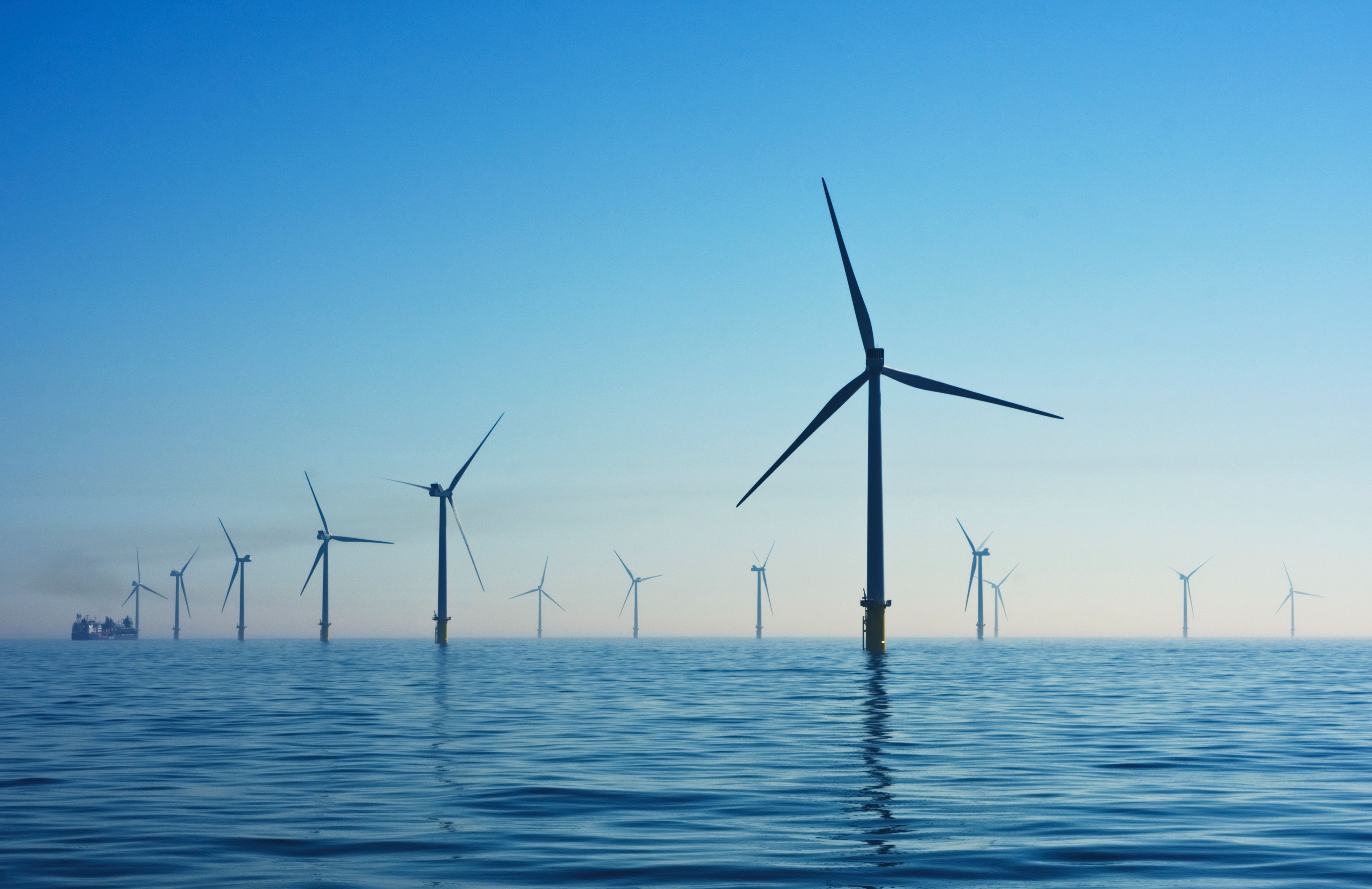WATCH | How investing in water and energy can secure your business' sustainability

According to an international report, businesses are responsible for 88% of all water consumption worldwide. The key to investing in sustainability, therefore, is being able to measure water and energy use, says the Head of Sustainability at Nedbank Commercial Banking.
A report by Goldman Sachs indicates that businesses - both agricultural and industrial - are responsible for 88% of all water consumption worldwide. As such businesses across industries should prioritise investing in water-wise business strategies which has a direct impact on energy generation.
Mark Boshoff, Head of Climate Resilience and Sustainability Strategy at Nedbank Commercial Banking says the key to mastering these strategies is measuring.
Boshoff explains that measuring the total consumption of water and energy will inform management of problem areas, high consumption components and the kW or kL measured can then be converted into rands and cents based on utility bill unit costs.
"For both water and electricity, metering systems can measure total consumption and the usage by individual components of the process. With water the outflow returned to the system can also be determined and losses, leakages and waste can be determined," says Boshoff.
"Based on the outcomes and research, high-consumption machines may be replaced with modern efficient machines to reduce consumption. And your research will indicate whether water effluent can be recycled, purified, reused, etc."
Here, the cost of the equipment required to recycle compared to the savings realised by reusing water will inform to what extent your saving can cover repayments.
Other factors to consider when it comes to more energy and water-wise strategies in business are:
- Savings are made possible through water harvesting in tanks, dams, and other structures since extra water does not have to be purchased.
- Communicating with your staff about the savings and improved management of resources can create a sustainability ethos.
- Additional savings can be obtained or sustained by rewarding employees based on departments or processes.
"Sustainability pays for itself through either the savings created, carbon credits, carbon footprint reduction, mitigating loadshedding, electricity credits or tax incentives. It reduces the business’s impact on society, the planet and the environment and mitigates climate risk. This benefits your business and your clients and supplier businesses."
Funding sustainable machinery
Key to being able to implement sustainable business practices is finding a funding partner to support your needs. The green bank, Nedbank for instance, offers a variety of debt funding for commercial and agricultural clients which helps expand public access to safe and affordable drinking water and provide access to adequate sanitation facilities.
In 2022, R234m in funding was provided for water-related projects, mainly for agricultural irrigation system upgrades as well as specific projects such as a reservoir construction in Lesotho to ensure clean water to several rural villages, said Nedbank in its group society report.
This funding is provided over 10 years with no deposit unless deemed necessary. The bank also offers funding for the construction and maintenance of clean energy generation or to transmit energy like wind and solar.
Visit Nedbank HERE to help you tap into your business’s full potential for sustainability.



